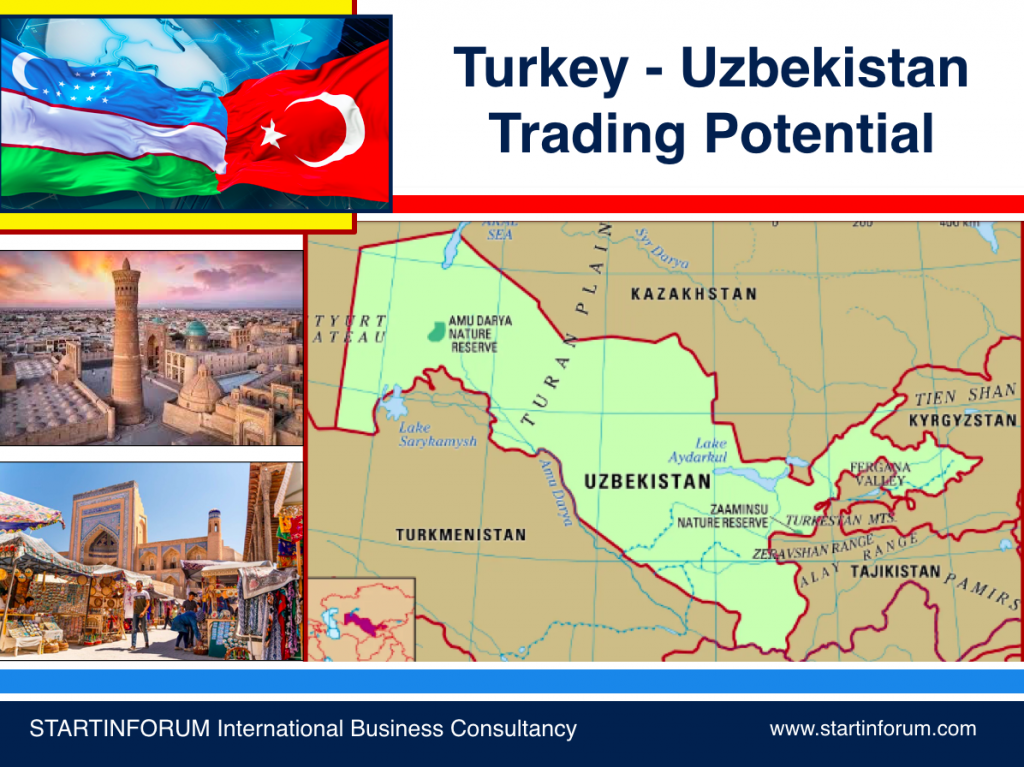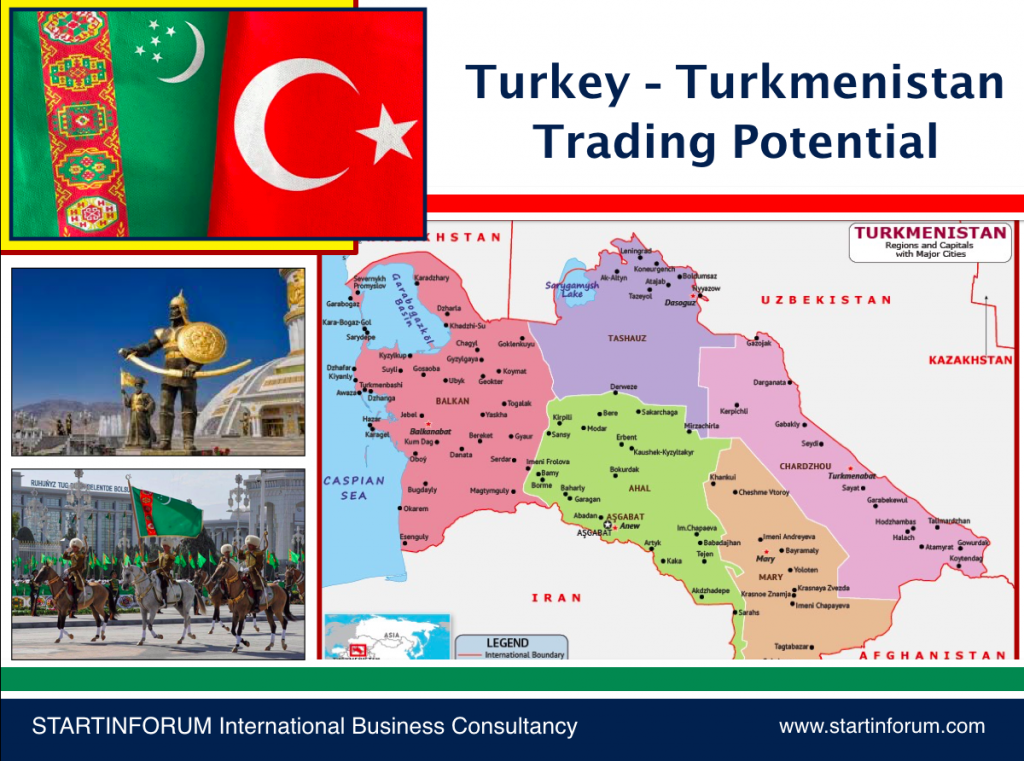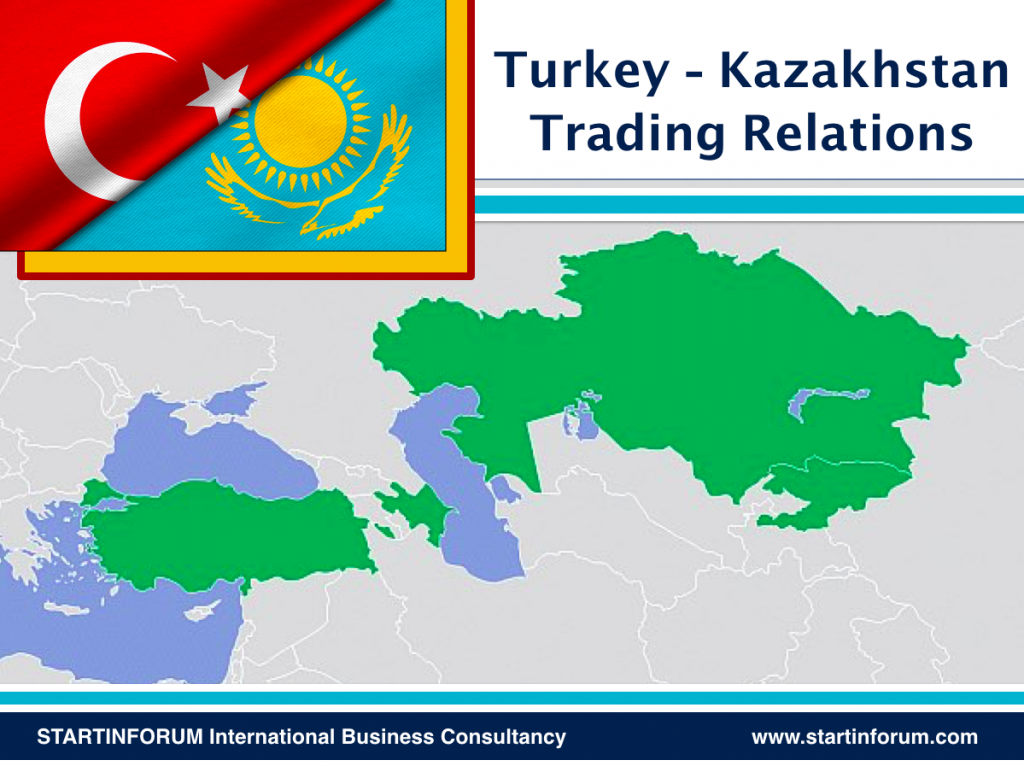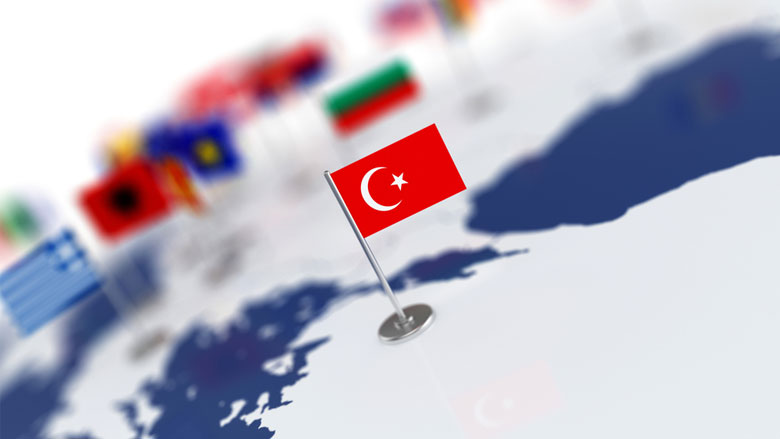Turkey’s export strategy is multifaceted, targeting both established markets and emerging economies. To identify which countries should be targeted, it’s essential to consider several factors:
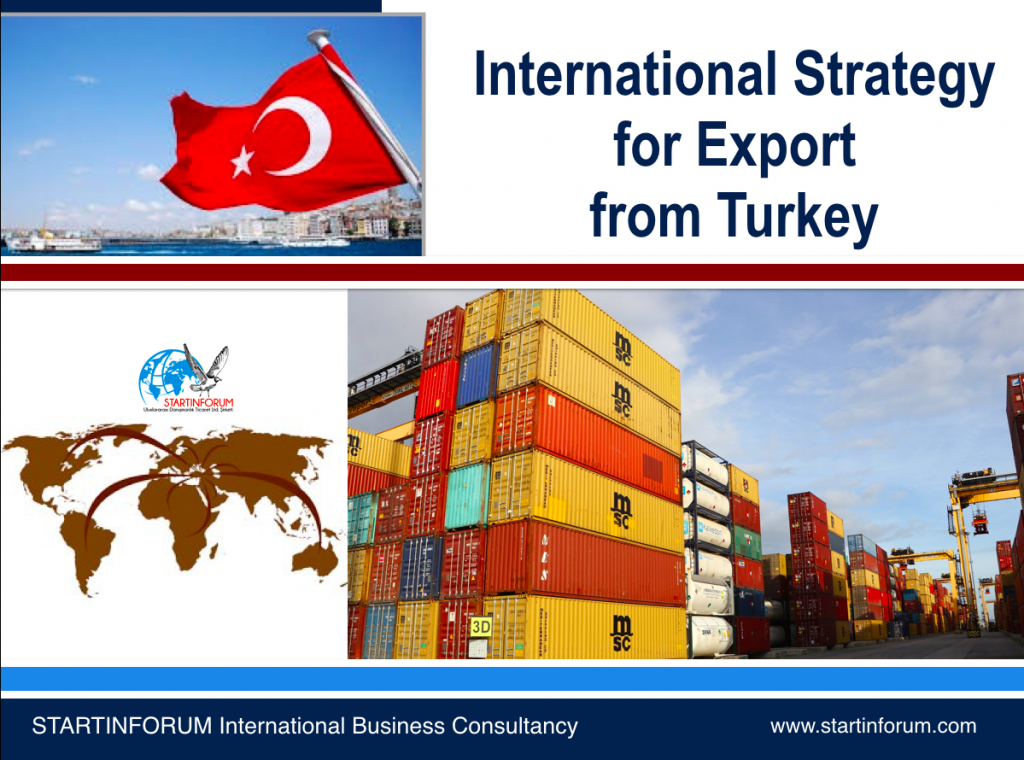
I. Top Existing Export Markets (Maintain and Grow)
These are countries where Turkey already has a strong foothold and significant trade volume. Continued focus on these markets is crucial for stable export growth.
- Germany: Consistently Turkey’s largest export market, particularly for automotive products, machinery, electronics, and textiles. Strong established supply chains and a large Turkish diaspora contribute to this.
- United States: A major market for Turkish automotive, textile, electronic products, and defense industry goods. Its large market size offers continuous growth potential.
- United Kingdom: Strong trade relations, especially post-Brexit, for Turkish textiles, automotive, and electronic devices.
- Iraq: A significant market in the Middle East, primarily for construction materials, textiles, and food. Strategic importance for opening up the broader Middle Eastern market.
- Italy: Another strong European partner for automotive, machinery, chemical, and food products.
II. Countries with High Growth Potential and Strategic Importance
These are markets where Turkey is actively seeking to expand its presence due to their economic growth, strategic location, or increasing demand for Turkish products.
- Central Asia (Uzbekistan, Kazakhstan, Turkmenistan, Kyrgyzstan):
- Reasoning: Deep historical and cultural ties, growing economies, significant infrastructure development, and increasing consumer demand. Turkey has preferential trade agreements and targets to significantly increase trade volumes with these countries (e.g., $5 billion with Uzbekistan, $10 billion with Kazakhstan).
- Key Products: Machinery and equipment, construction materials, textiles, electrical equipment, food products, and pharmaceuticals.
- Africa (Egypt, Morocco, Libya, Nigeria, Ethiopia, Kenya, Ghana, Senegal):
- Reasoning: Turkey has a “win-win” strategy to strengthen political, cultural, and economic relations with African countries through mutual investments. Rapidly growing economies, increasing demand for consumer goods, infrastructure development, and a strong focus on defense industry exports.
- Key Products: Machinery, mechanical equipment and tools, mineral fuels, iron and steel, textiles, electronics, home appliances, construction materials, and defense industry products (UCAVs, armored vehicles).
- Gulf Countries (UAE, Saudi Arabia, Qatar, Kuwait):
- Reasoning: High purchasing power, diversification efforts away from oil, and increasing demand for consumer goods, construction materials, and specialized industrial products. Turkey is also focusing on e-export potential to these countries.
- Key Products: Precious metals (gold), machinery, construction materials, food products, and potentially high-tech goods.
- Russia: Despite geopolitical complexities, Russia remains a significant trade partner for Turkey, especially for agricultural products and machinery. There’s potential for further growth in various sectors.
- China: While China is a major import source for Turkey, there’s growing potential for Turkish exports to China, particularly in areas where Turkey has a competitive advantage, such as certain agricultural products, and potentially in services.
- Emerging Asian Markets (Pakistan, Bangladesh, Afghanistan):
- Reasoning: Promising markets for Turkish manufacturers, with “smooth, friendly, problem-free political relations.” These countries need hardware and have a growing middle class.
- Key Products: Defense and aerospace industries, naval vessels, patrol boats, smart ammunition, drones, armored vehicles, and potentially construction materials.
- Brazil, Mexico, Argentina, Chile: Growing economies in Latin America offer long-term export potential for Turkish goods, especially as Turkey diversifies its export base.
- Southeast Asia (Indonesia, Vietnam, Malaysia, Philippines): Growing consumer markets and developing industrial bases.
III. Sectors with Strong Turkish Export Competitiveness
When targeting countries, it’s also vital to consider what Turkey excels at producing and exporting:
- Automobiles and Automotive Parts: Turkey is a major production hub for global automotive brands.
- Machinery and Equipment: Including industrial equipment, construction machinery, and agricultural machinery.
- Textiles and Apparel: High-quality, fast-fashion, and sustainable options.
- Precious Metals (Gold): Turkey is a key trading hub.
- Electrical Machinery and Electronics: Home appliances, telecommunications equipment, and consumer electronics.
- Steel and Iron: Construction steel, rebar, and billets.
- Chemical and Pharmaceutical Products:
- Agricultural and Food Processing Products: Fresh vegetables, nuts, dried fruits, olive oil, spices, wheat flours, and citrus fruits.
- Wood and Furniture Products: Growing production capacity and design.
- Defense and Aerospace: Drones, armored vehicles, and naval vessels.
Overall Strategy
Turkey’s export strategy involves:
- Consolidating relations with established partners (EU, USA, UK).
- Aggressively pursuing opportunities in high-growth emerging markets (Central Asia, Africa, Gulf, parts of Asia and Latin America).
- Diversifying export products to higher value-added goods and services.
- Leveraging trade agreements (like the PTA with Uzbekistan) to enhance competitiveness.
- Focusing on e-exports, which are seeing significant growth.
- Participating in international fairs and trade delegations to foster new connections.
In summary, Turkey should continue to strengthen its trade ties with its traditional European and North American partners while strategically expanding its presence in the rapidly developing economies of Central Asia, Africa, and the Middle East, focusing on its strong manufacturing and agricultural sectors.
